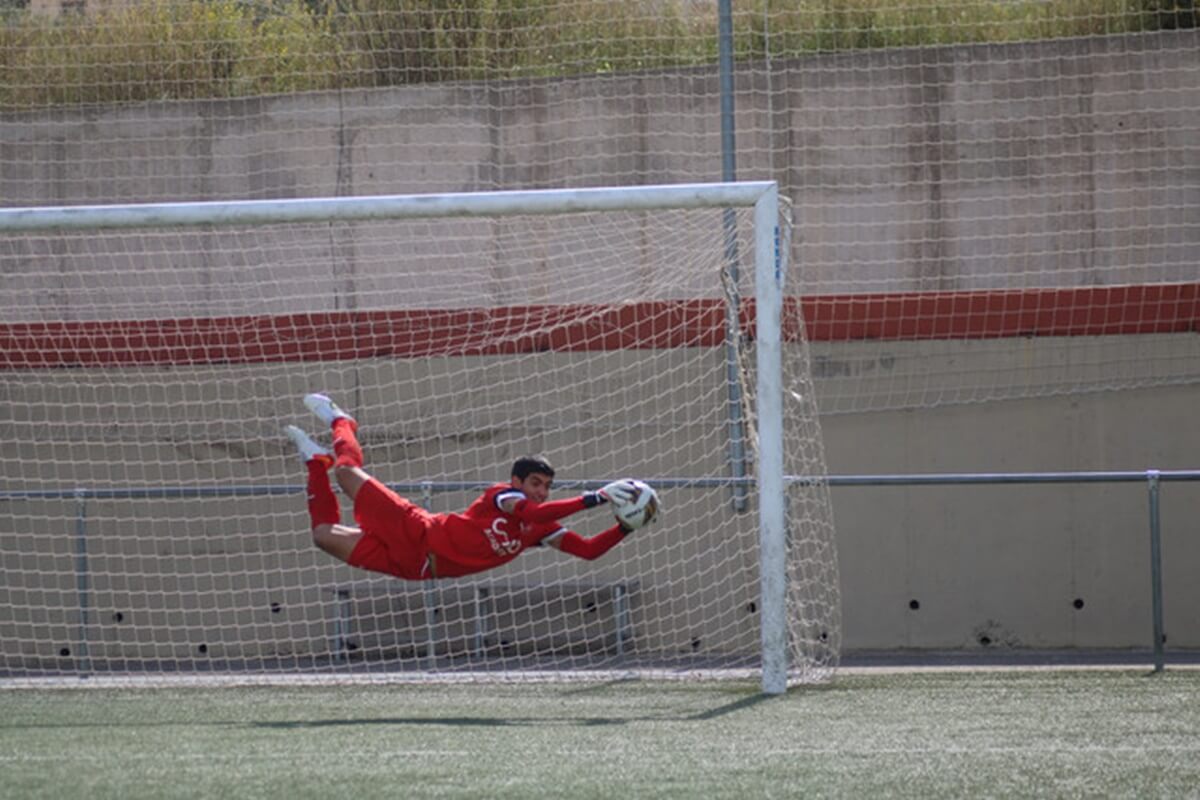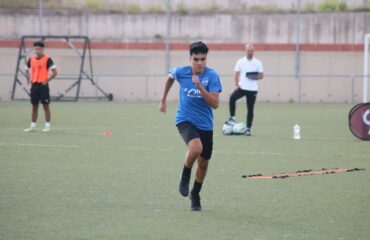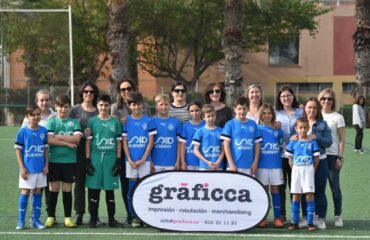Being a goalkeeper is unique. It is a special position. It is the one in charge of stopping the opponents’ attempts. The last piece before the other team scores. Many of the lessons absorbed by outfield players are of no use to goalkeepers because of their different nature.
Goalkeepers therefore have their own golden rules. What to do and what not to do, when and how to do it. How to work on the most important aspects for goalkeepers. And how to improve as a goalkeeper. These are the fundamental rules for those in charge of saving the opposition’s goals.
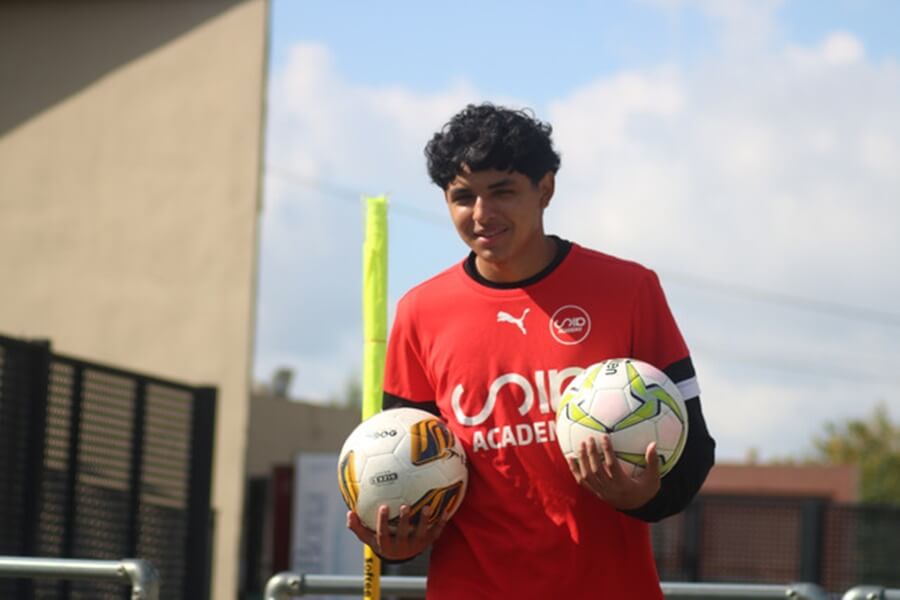
Psychological factors of the goalkeeper
The goalkeeper has a very unique role. While the team plays and combines, the goalkeeper often has to keep an eye on the play. But without being part of it. Although this has changed in recent times, it is still true. That is why the goalkeeper must be mentally prepared for when the action comes.
Sound knowledge
You need extensive knowledge of the game and of football to be a good goalkeeper. And even more so in today’s world where the goalkeeper has to be just another midfielder. That is why having a good knowledge base and learning about the game gives the goalkeeper the necessary security to follow the play correctly.
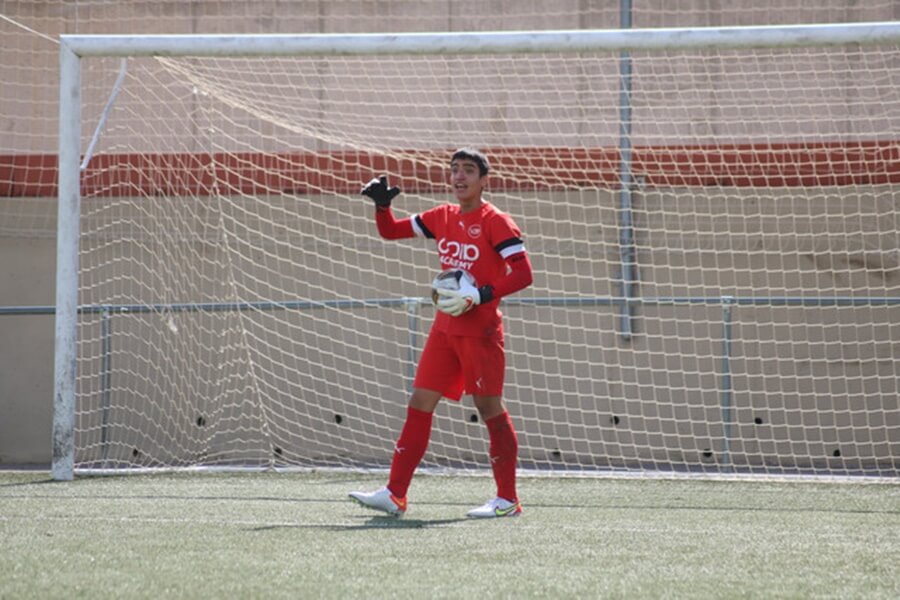
It also gives confidence in the goalkeeper himself. When the action requires maximum attention from the goalkeeper and when it does not. Knowing how your opponent plays is also vital. If they pass long balls from their half, if they cross from the back line, if they combine through the middle, on the flanks…
Working the head
Being a goalkeeper often means being alone. Not intervening. Watching the play from afar. Although that’s a good sign because your team dominates and the opponent doesn’t create danger. As the player with the best vision of the play and the most focused, he must be the most communicative. The one who tells the team-mate how to position himself or what to do.
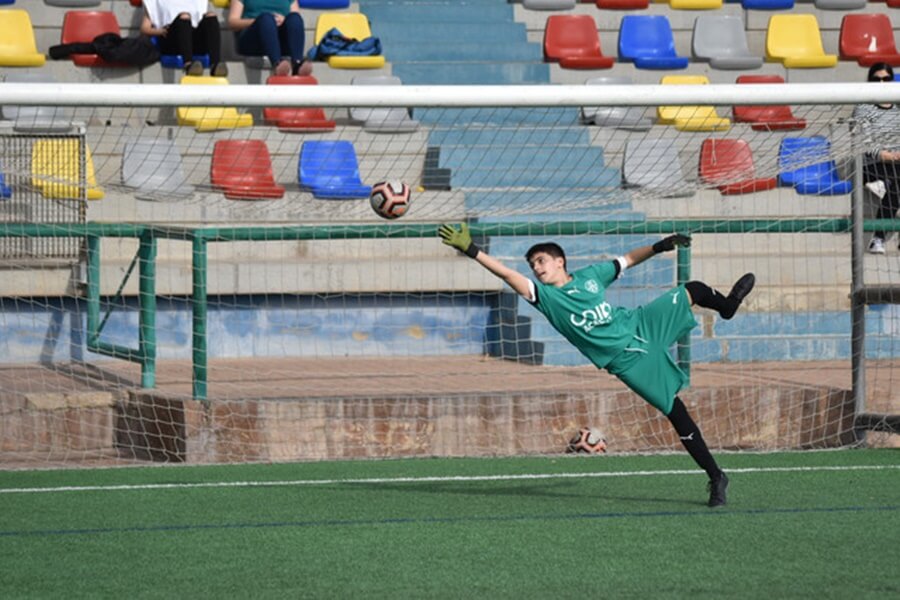
Working on confidence, security and concentration will favour the goalkeeper’s future success. It is also essential to have communication and leadership skills to guide teammates. These are key aspects for any goalkeeper today.
The talent of a goalkeeper
An elite goalkeeper is a natural born talent. But that does not mean that there are not many hours of hard work and effort behind it. Goalkeepers have to work in the same way as outfield players. They are simply very different exercises and skills from the rest of their teammates.
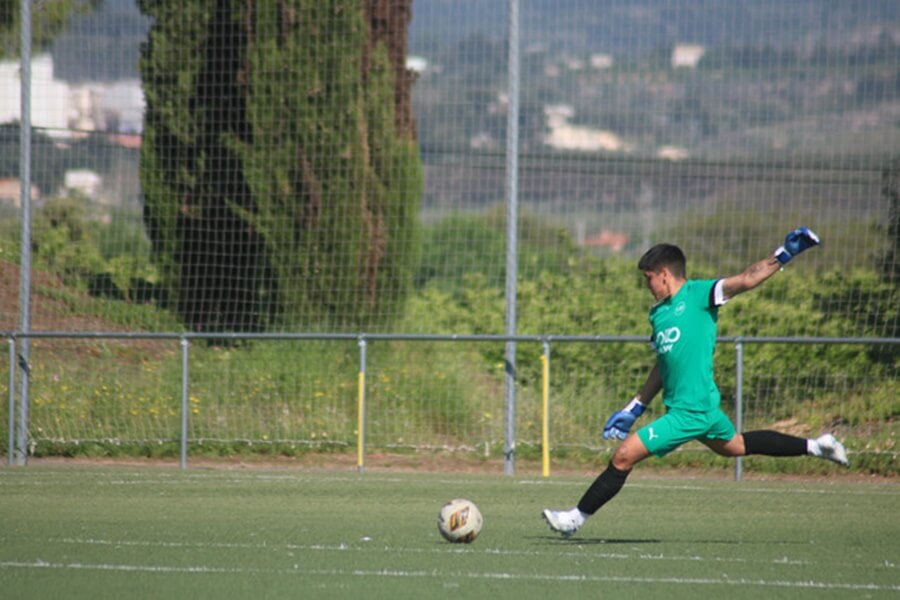
Specific work
For a goalkeeper it is also important to do specific repetition and learning work. In this way, a goalkeeper’s skills and talents are developed to the maximum. Work on your reflexes, agility, aerial shots and much more. Repeat and repeat until the technique is perfected is a golden rule.
Goalkeepers have to do the same as outfield players. Agility, vertical jumping and reflexes are worked on in every session. And also off the field. The ability to concentrate is fundamental for a goalkeeper and can only be improved with specific work.
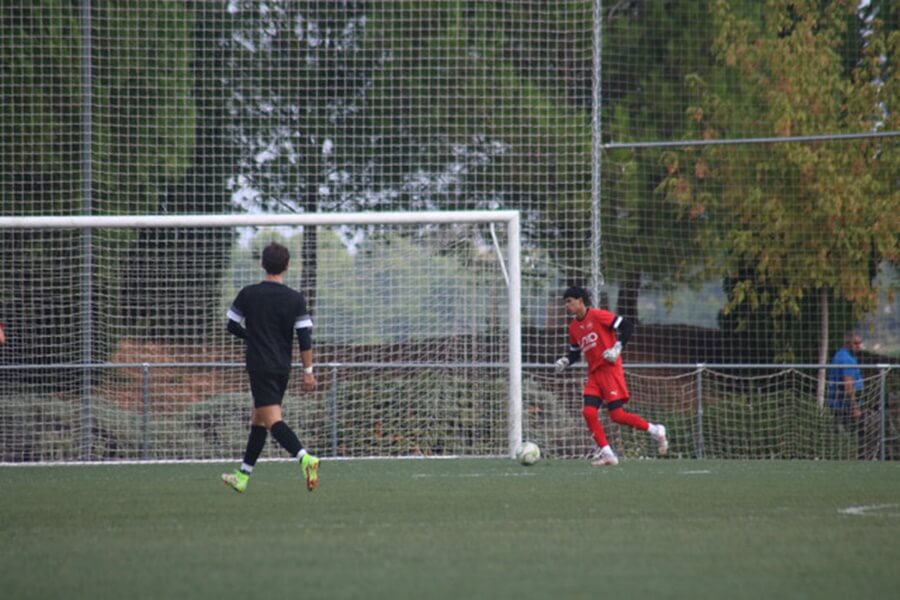
Location and coordination
Coordination and positioning are more than essential in the goalkeeping position. It is absolutely necessary to have good coordination in order to perform the right movements and gestures in the shortest possible time. For this, physical power and reflexes must also be worked on.
Positioning in the game is also extremely important. Knowing when to leave the goal or to position yourself far away in order to be able to get forward to long balls from the opposition. Knowing when to position yourself under the posts or when to go out a few metres to take metres away from the opposition. Positioning on the pitch is fundamental.
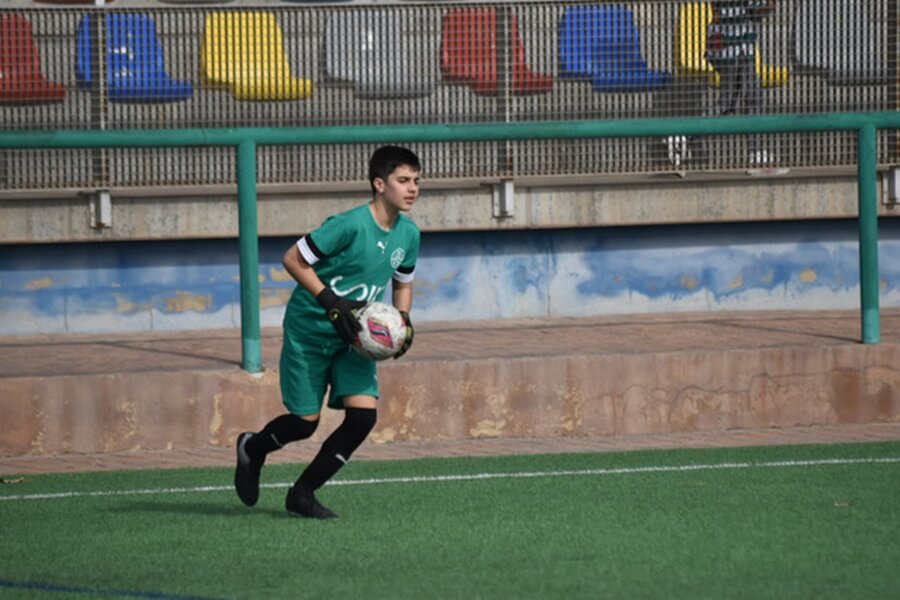
Goalkeeper training
All the requirements and golden rules for goalkeepers serve to improve in matches. But there is no improvement without work in training. You learn the most together with your teammates. Also based on the guidelines of the coaches, who are the ones who know the most about how to develop the goalkeepers’ talent.
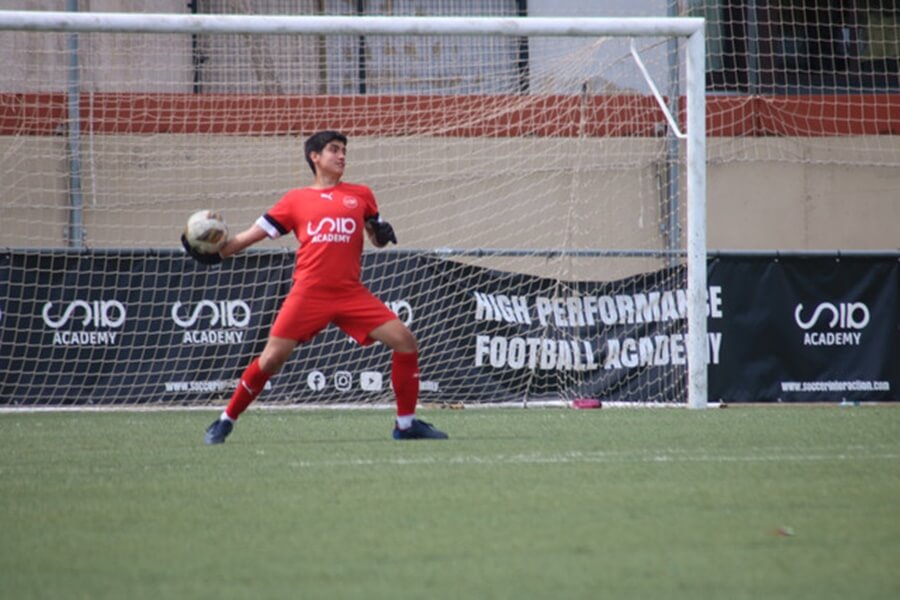
Team sessions
Goalkeeping training sessions with two or more goalkeepers at the same time are highly recommended. These sessions serve to develop performance, competition and camaraderie. Looking at what your teammate is doing and how he/she is doing it is key to further development.
Goalkeepers can do specific work in training sessions. However, if this type of work is not being done, goalkeepers improve together with their teammates. In this way, the strengths and weaknesses of the teammates are known.
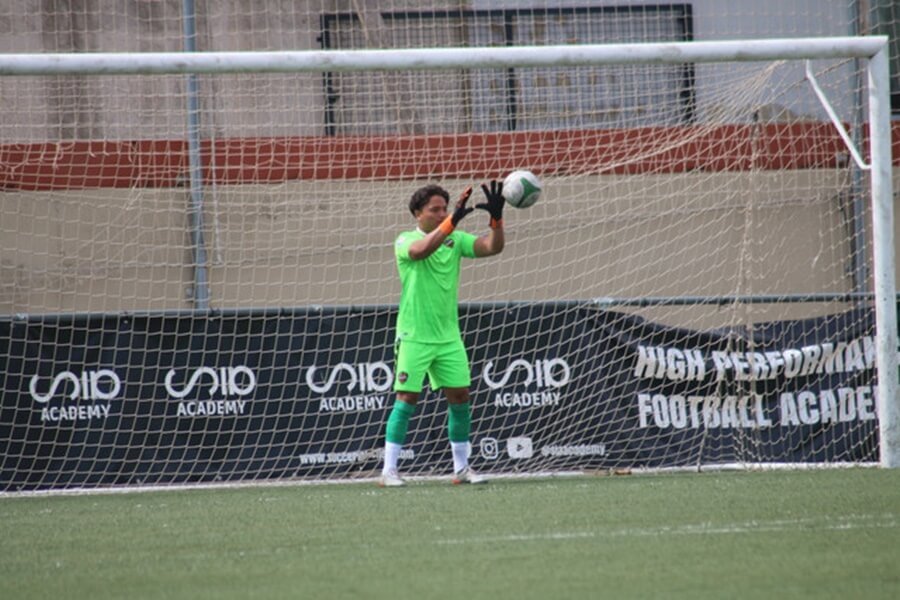
Professional equipment
The better a goalkeeper is equipped, the better conditions he can have. You cannot compete at the highest level with broken, worn or useless gloves. In addition, having high quality gloves builds confidence in the goalkeeper. It’s like a child with new shoes..
In addition to this, you also need boots that stick well to the turf. An unfortunate slip can lead to defeat. To be able to reach high and corner balls you need a good jump. The boots are the key to grip the turf well and to be able to stop all balls.



